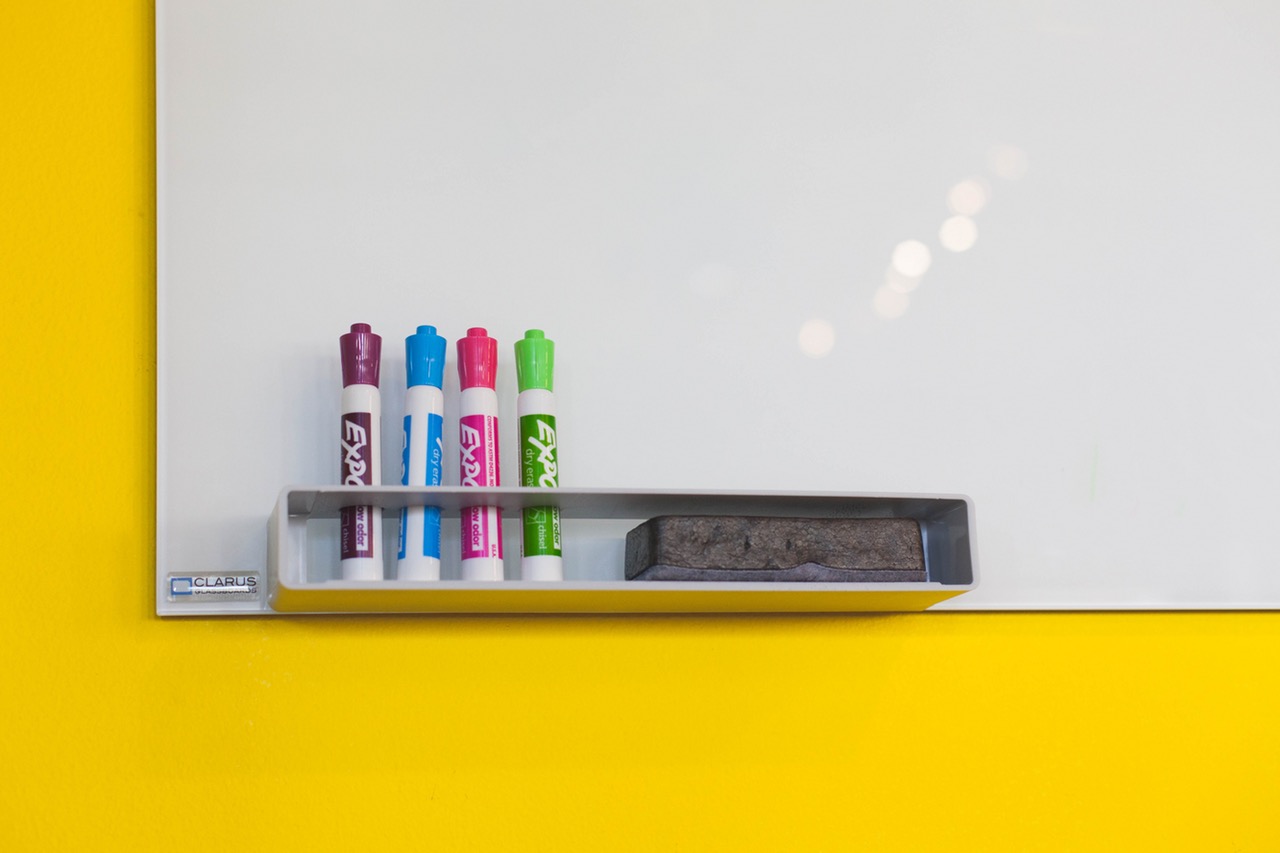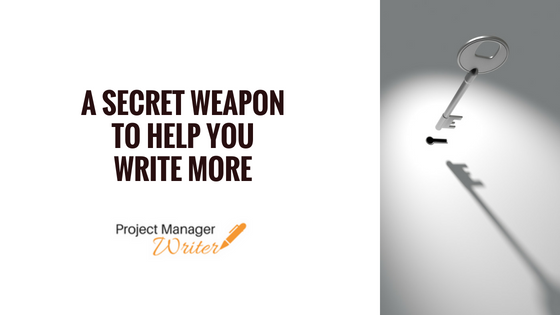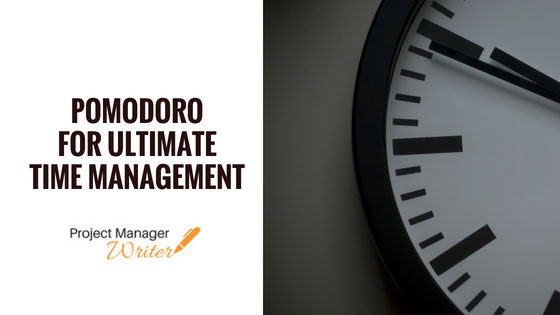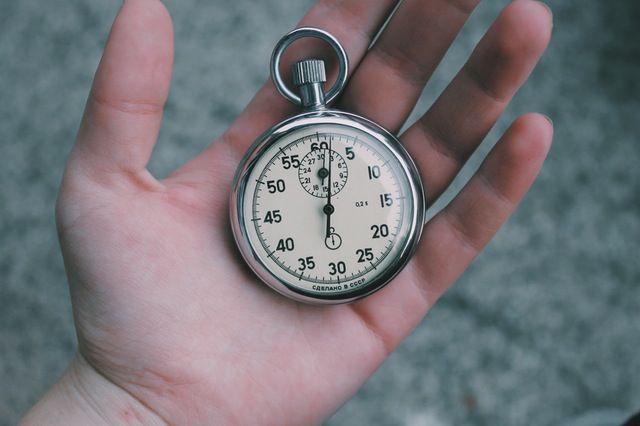An excerpt from my book Layoff Reboot:
Establish a Morning Routine
This was a game changer for me. Once my job ended, I felt a bit lost. I spent two weeks feeling sorry for myself and wondering what to do. I cleaned up some of the clutter in my house, but nothing was moving me forward mentally.
And then something clicked. I realized I needed to seize this opportunity to work on important goals. I didn’t want to come away in one or two months wondering what had happened to all the time I had. I was already noticing how fast time was flying since I’d been notified.
To get out of this rut, I established a morning routine. My mission was to stick with it. First, I thought about how much time I had available each morning. You’ll need to assess your own obligations, such as seeing kids off to school, and work these into your morning.
For me, I knew writing was my number one goal. So I allocated one hour of my morning—every morning—to writing. I also needed to work out consistently, even if I could only squeeze in 10-15 minutes. I wanted to do something to get my body active. Finally, I had always wanted to develop a daily habit of meditation.
When you think about what you want to accomplish in your morning routine, think of two or three important habits you want to develop. Maybe you’re a programmer, and you want to develop the habit of coding at least two hours each day. The key to developing habits is finding the discipline to tackle these things consistently.
When I worked full-time, I wanted to write daily but found it difficult to muster up energy after a full day or work, commuting, family time, etc. Think of your brain as a gas tank. All the minutia, daily decisions, and interactions with people deducts mental space from a full tank.
If possible, avoid computer or phone screen time until you complete your morning routine. Once you start doing emails or checking your twitter feed, you’re depleting your mental energy.
Imagine if you could knock out your most important goal FIRST thing. Since I started adhering to my daily routine, my productivity has tripled. I feel a genuine sense of accomplishment.
My morning routine looked something like this:
7:30-8:00 – Get up, grab coffee and journal for 5 minutes about things I’m grateful for. This gets me into a positive mindset for the rest of my day.
8:00-9:00 – Writing. I set a timer and wrote for one hour (I started off at 30 minutes first, then 45, eventually working my way up to a full hour).
9:00-9:30 – Meditate for 5 minutes, followed by exercise—either 15 minutes of yoga (I used free online 30-day challenge videos at home) or 20 minutes of intense, rest-based exercise (think squats and free weights, also at home).
During my writing time, I’ll generally work on a project, such as book or a blog, but if I’m not feeling inspired to write, I make lists of ideas. For example, I’ll write down 10-15 ideas such as “Ideas to Procrastinate Less” or “Ideas to have more fun.”
If something is bothering or worrying me, making a list of ideas is a great way to get my brain going. The particular topics aren’t necessarily important; what works is you’re practicing that habit, sticking to your routine, and developing the discipline to get your most important goal accomplished early each day.
If exercise is part of your morning routine, you have to find out what works for you through trial and error. I’m a big believer in high-intensity, short-duration workouts, and they can be done at home. Years ago, I thought you had to go to the gym or do cardio for long periods to stay fit, and with my busy work life, I didn’t have time or energy to go even a few times a week.
I learned about shorter workouts from reading a book called PACE: The 12-Minute Fitness Revolution. It’s a fast read, and the author includes case studies and shows before and after photos. I also found a company called MetabolicEffect.com which has advice and free weekly workout videos.
Part of my process was spending five minutes journaling to debrief on how my morning routine was progressing. I’ve found this helpful in determining where to make tweaks. For example, I originally did meditation and workouts first before writing. But I was procrastinating, because I didn’t always want to start working out right away. This ended up delaying my writing time (ultimately more important to me). So I switched to writing first thing. This helped me get back on track. Journaling about my experience helped me become more self-aware of what was working and where I needed to self-correct.
If you later get bored with your routine, try switching things up. I’ll soon be doing meditation first, then writing, and then a workout.
Bottom line, have fun with figuring out what works for you! Nailing your routine is a critical step in really immersing yourself in your rediscovery.
Through discipline each morning, I wrote 700-1,000 words daily (eventually getting me to my goal of publishing my first book).
Try your new routine for at least two weeks. You’ll start to notice improvements AND get a lot accomplished.






Leave A Comment